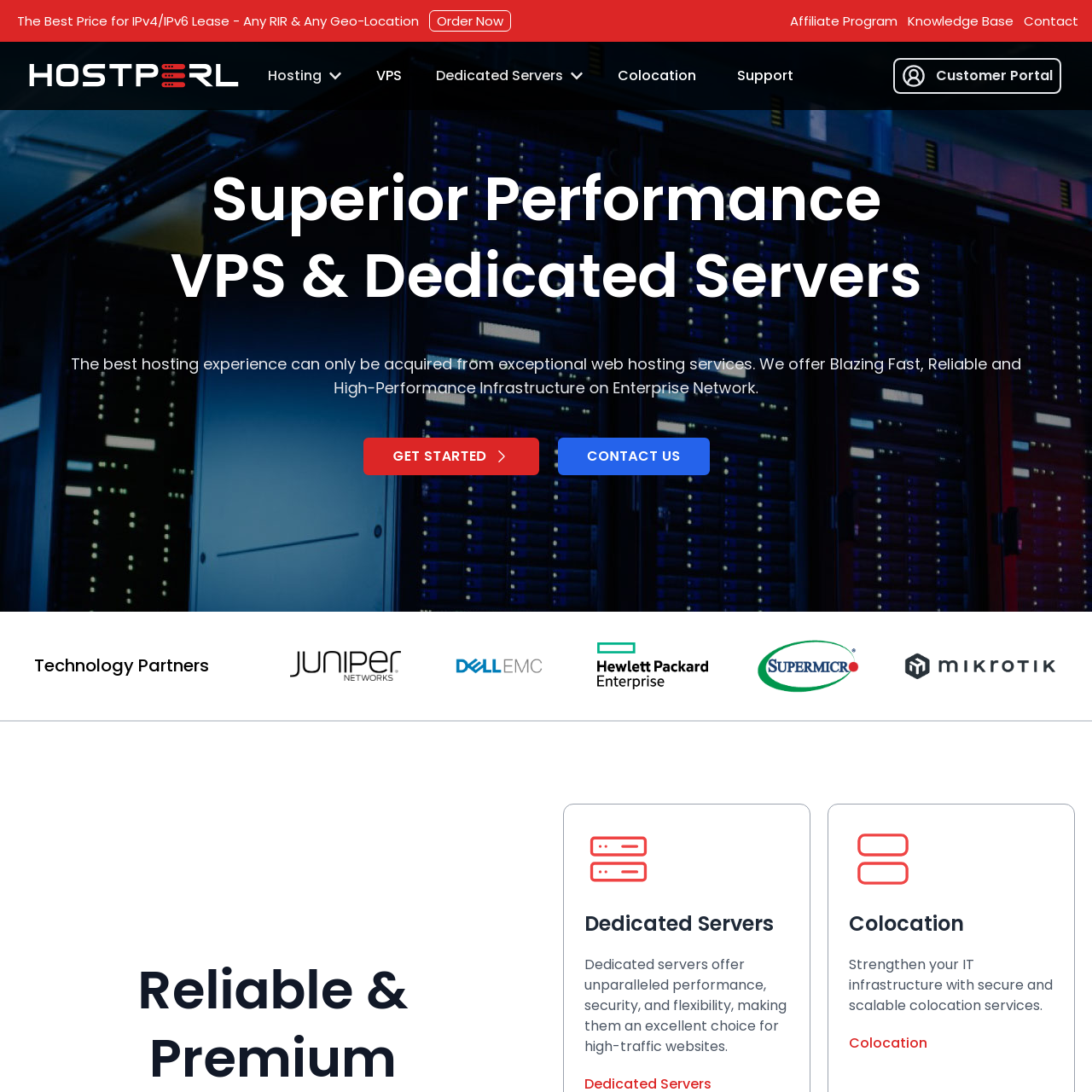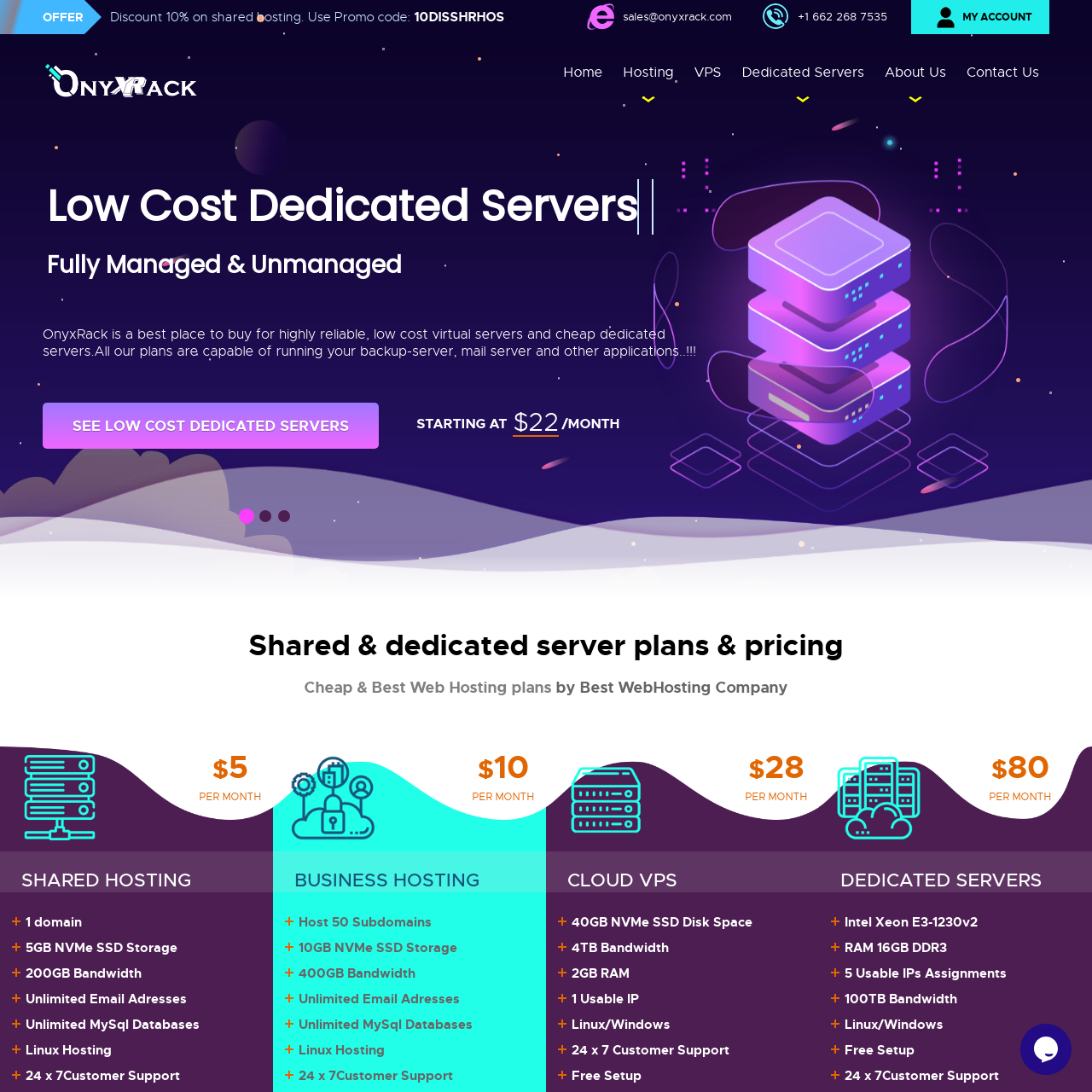03-01-2024, 03:05 AM
Introduction
In today’s digitally-driven world, online security has become a paramount concern. With the rising number of cyber threats and data breaches, protecting sensitive information has become a top priority for individuals and businesses alike. One important tool in safeguarding online activities is the use of proxy servers for secure HTTPS connections.To get more news about proxies for sale, you can visit pyproxy.com official website.
The Role of Proxy Servers
A proxy server acts as an intermediary between a user’s device and the internet. It serves as a gateway, forwarding requests from the user to the destination website and then returning the response back to the user. Proxy servers can be used for various purposes, including improving internet speeds, bypassing network restrictions, and enhancing security.
Proxy Servers and HTTPS Connections
HTTPS, or Hypertext Transfer Protocol Secure, is the secure version of HTTP, encrypting the data exchanged between a user’s device and a website. This encryption is essential for protecting sensitive information, such as login credentials, credit card details, and personal data. Proxy servers play a crucial role in facilitating secure HTTPS connections by acting as an additional layer of protection.
Enhanced Privacy and Anonymity
When users connect to a website through a proxy server, their IP address is masked, making it difficult for websites or third parties to track their online activities. This anonymity enhances privacy and adds an extra layer of security. Proxy servers also help to protect users from potential surveillance or monitoring, ensuring their online activities remain confidential.
Filtering and Content Control
Proxy servers can be configured to filter and block certain types of content or websites. This feature is particularly useful for businesses and educational institutions that want to restrict access to websites that may be inappropriate or pose security risks. By controlling which websites users can access, proxy servers help prevent employees or students from accessing potentially harmful or malicious content.
Improved Performance
Proxy servers can significantly improve internet speeds by caching frequently accessed web content. When a user requests a webpage, the proxy server checks its cache to see if it already has a copy of the requested content. If it does, the server can deliver the content directly to the user, reducing the time it takes to load the webpage. This caching mechanism not only enhances user experience but also reduces bandwidth usage and server load.
Protection against Malware and Phishing Attacks
Proxy servers often come equipped with built-in security features that help identify and block malicious websites, preventing users from inadvertently accessing harmful content.
Conclusion
In conclusion, using a proxy server for secure and anonymous browsing can provide numerous benefits, including enhanced anonymity, geo-targeting capabilities, bypassing access restrictions, load balancing, improved security, and more. As we continue to embrace the digital age, we can expect these silent guardians to play an increasingly significant role in our online experiences.
In today’s digitally-driven world, online security has become a paramount concern. With the rising number of cyber threats and data breaches, protecting sensitive information has become a top priority for individuals and businesses alike. One important tool in safeguarding online activities is the use of proxy servers for secure HTTPS connections.To get more news about proxies for sale, you can visit pyproxy.com official website.
The Role of Proxy Servers
A proxy server acts as an intermediary between a user’s device and the internet. It serves as a gateway, forwarding requests from the user to the destination website and then returning the response back to the user. Proxy servers can be used for various purposes, including improving internet speeds, bypassing network restrictions, and enhancing security.
Proxy Servers and HTTPS Connections
HTTPS, or Hypertext Transfer Protocol Secure, is the secure version of HTTP, encrypting the data exchanged between a user’s device and a website. This encryption is essential for protecting sensitive information, such as login credentials, credit card details, and personal data. Proxy servers play a crucial role in facilitating secure HTTPS connections by acting as an additional layer of protection.
Enhanced Privacy and Anonymity
When users connect to a website through a proxy server, their IP address is masked, making it difficult for websites or third parties to track their online activities. This anonymity enhances privacy and adds an extra layer of security. Proxy servers also help to protect users from potential surveillance or monitoring, ensuring their online activities remain confidential.
Filtering and Content Control
Proxy servers can be configured to filter and block certain types of content or websites. This feature is particularly useful for businesses and educational institutions that want to restrict access to websites that may be inappropriate or pose security risks. By controlling which websites users can access, proxy servers help prevent employees or students from accessing potentially harmful or malicious content.
Improved Performance
Proxy servers can significantly improve internet speeds by caching frequently accessed web content. When a user requests a webpage, the proxy server checks its cache to see if it already has a copy of the requested content. If it does, the server can deliver the content directly to the user, reducing the time it takes to load the webpage. This caching mechanism not only enhances user experience but also reduces bandwidth usage and server load.
Protection against Malware and Phishing Attacks
Proxy servers often come equipped with built-in security features that help identify and block malicious websites, preventing users from inadvertently accessing harmful content.
Conclusion
In conclusion, using a proxy server for secure and anonymous browsing can provide numerous benefits, including enhanced anonymity, geo-targeting capabilities, bypassing access restrictions, load balancing, improved security, and more. As we continue to embrace the digital age, we can expect these silent guardians to play an increasingly significant role in our online experiences.








